Last Updated on March 1, 2025
EV Tires Aren’t Like Regular Tires—Here’s What’s Changing
The rise of electric vehicles (EVs) has not only changed the way we drive but also how the automotive industry, including tire manufacturers, operates. As more drivers make the shift from traditional gas-powered vehicles to electric cars, tire manufacturers are faced with new challenges and opportunities. The transition from internal combustion engines (ICE) to electric drivetrains means tire companies need to adapt to a variety of new demands. In this article, we explore how EVs are changing the tire industry, and why understanding these changes is crucial for both consumers and manufacturers.
How EVs Are Changing Tire Requirements
Electric vehicles have unique characteristics that influence the types of tires needed for optimal performance. From improved efficiency to increased durability, EV tires have specific requirements that differentiate them from traditional vehicle tires.
1. Low Rolling Resistance for Increased Efficiency
One of the key advantages of an EV is its efficiency, particularly in terms of battery range. To support this, EVs require tires with low rolling resistance to maximize range without sacrificing performance. This is especially important for consumers who are eco-conscious and looking to get the most out of each charge. Major tire manufacturers like Continental and Pirelli are focusing on developing advanced tread patterns and silica-based compounds to improve energy efficiency and performance for EVs.
2. Enhanced Durability and Load Capacity
Because EVs have heavy batteries, they exert more pressure on tires, meaning that durability and load capacity are crucial factors. Tire companies are responding by reinforcing sidewalls and using stronger, more durable rubber compounds to ensure the longevity of EV tires under the added weight. This is important for buyers across all demographics—whether it’s for a luxury SUV or a cost-conscious family vehicle—to ensure safety and a longer lifespan.
3. Noise Reduction for Comfort
Since EVs operate with minimal engine noise, road and tire noise become much more noticeable, making noise reduction a key focus for tire manufacturers. EV tires with innovative tread patterns, and sometimes sound-absorbing foam layers, are now being designed to offer a quieter, more comfortable driving experience. For high-end EV buyers, like tech-savvy luxury seekers, comfort and noise reduction are top priorities to maintain the premium feel of their vehicle.
Market Trends in EV Tire Development
The rise in EV adoption is driving several key trends in the tire industry, all of which are transforming how EV tires are designed and manufactured. The following trends illustrate how tire companies are innovating to keep up with the rapidly evolving EV market.
1. Rising Demand for Smart Tires
As smart technology continues to evolve, so does its integration into EV tires. Sensors embedded in tires allow real-time monitoring of tire pressure, temperature, and overall health, providing critical data to enhance safety, performance, and fuel efficiency. This is especially important for tech-savvy EV owners who value smart, connected features. The shift towards smart tires is not just about improving performance; it’s about offering enhanced safety and convenience for all types of consumers, from early adopters to practical families.
2. Sustainability and Eco-Friendly Manufacturing
Sustainability is another growing trend, with tire manufacturers increasingly developing eco-friendly alternatives such as recycled rubber and bio-based polymers. As eco-conscious buyers look for ways to reduce their carbon footprint, sustainable tires offer a perfect match for those who value green technologies in every aspect of their lives. From active grandparents to cost-conscious commuters, sustainability in tire production resonates across many buyer personas.
3. Expansion of the EV Tire Market
With the global rise in EV sales, tire manufacturers are investing heavily in developing EV tires that specifically cater to electric cars. This includes producing best EV tires with enhanced durability, lower rolling resistance, and improved load capacities—all designed to meet the growing demand for electric vehicle tires. This expansion is crucial for capturing the interest of EV owners from all walks of life, including upper-income suburban families who enjoy the convenience and long-term savings offered by EVs.
Conclusion
As electric vehicles continue to reshape the automotive landscape, tire manufacturers are being challenged to adapt and innovate. The key to staying competitive in the evolving tire industry is understanding the unique demands of EVs, such as energy efficiency, durability, and performance. Manufacturers who focus on these areas will be best positioned to meet the needs of an increasingly diverse customer base, whether it’s the tech-savvy early adopter, the eco-conscious commuter, or the luxury-driven enthusiast.
The shift to electric vehicles is not just about new technologies in cars; it’s about transforming every component—including tires. The tire industry’s ability to innovate and keep pace with the growing EV market will define its future.
Frequently Asked Questions (FAQs)
What makes EV tires different from regular tires?
EV tires are designed with low rolling resistance to maximize energy efficiency and increase battery range. They also have enhanced durability to handle the additional weight of the battery and provide a quieter, more comfortable driving experience.
Are there tires specifically designed for electric vehicles?
Yes! Many tire manufacturers have developed EV tires specifically for electric vehicles, focusing on low rolling resistance, durability, and noise reduction.
How does tire pressure affect the performance of my EV?
Proper tire pressure is essential for optimizing the range and performance of your EV. Overinflated or underinflated tires can reduce efficiency and increase wear, leading to more frequent replacements.
Are there eco-friendly tires for electric vehicles?
Yes, many tire companies are developing eco-friendly tires made from recycled materials and bio-based compounds, catering to eco-conscious EV owners.
What are smart tires, and why should I care?
Smart tires contain embedded sensors that monitor tire pressure, temperature, and overall health in real-time. This data can help optimize performance and ensure safety, making them a great choice for tech-savvy and safety-conscious EV owners.
-
Automotive Specialist
-
Proofreader
-
Writer




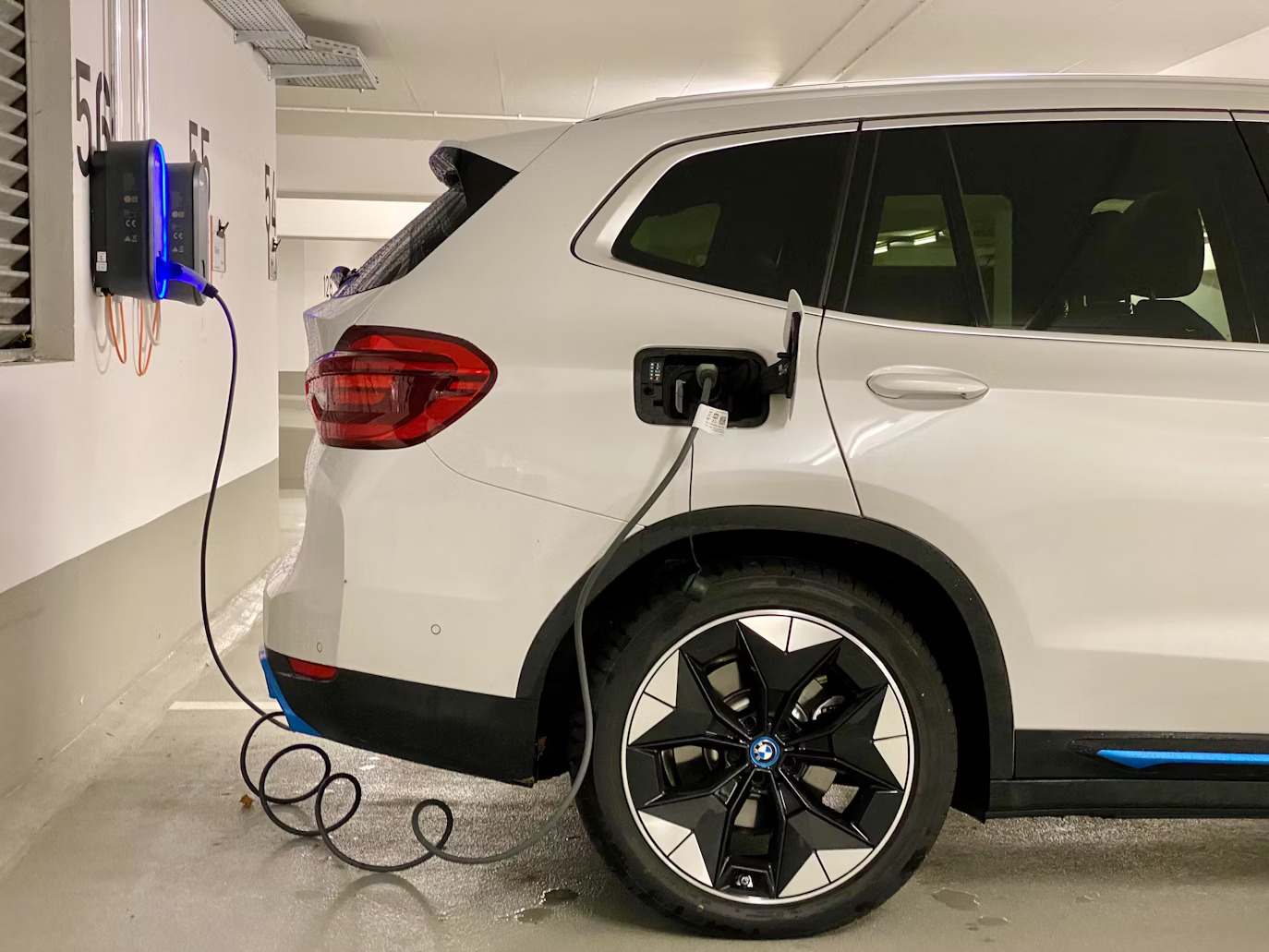
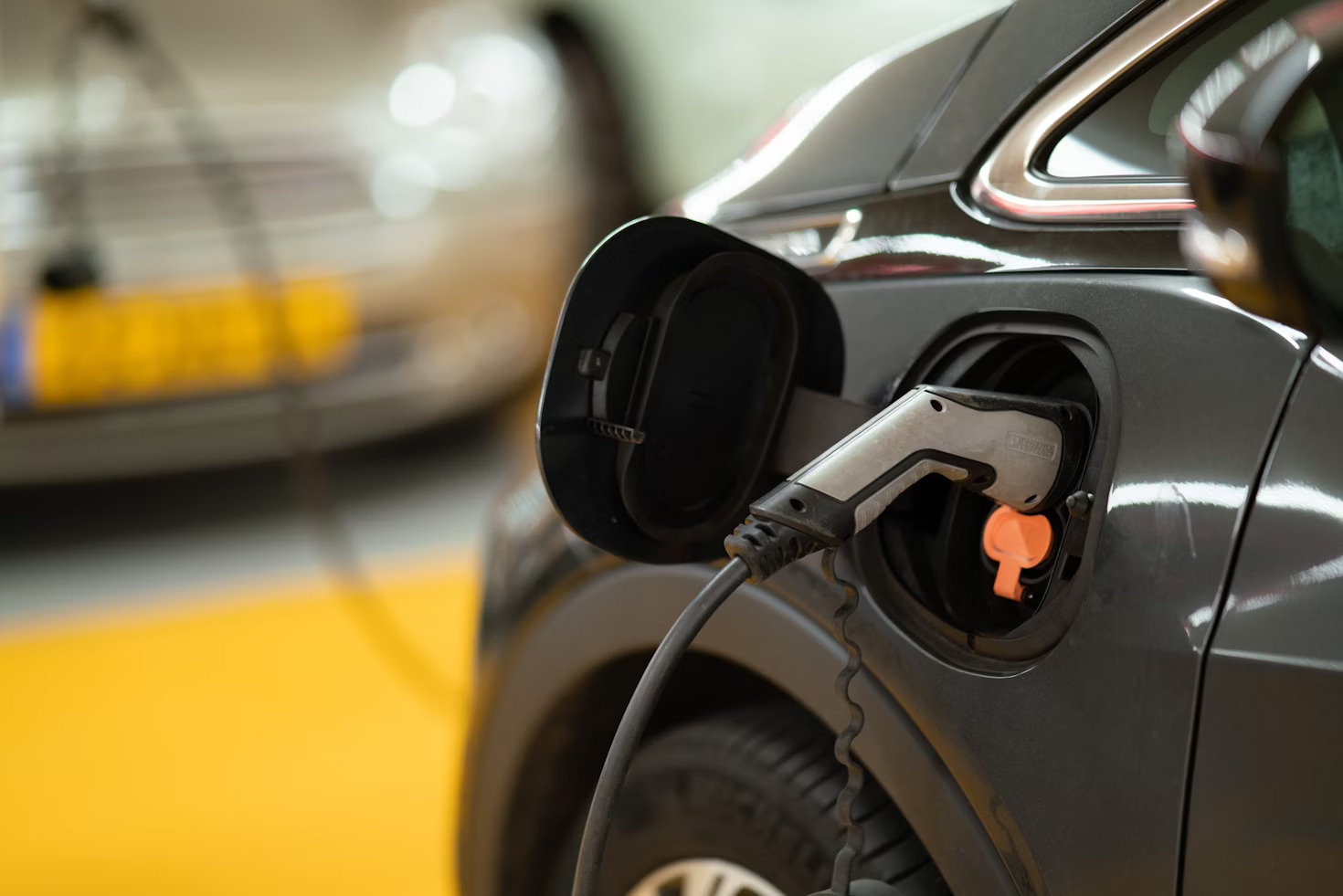
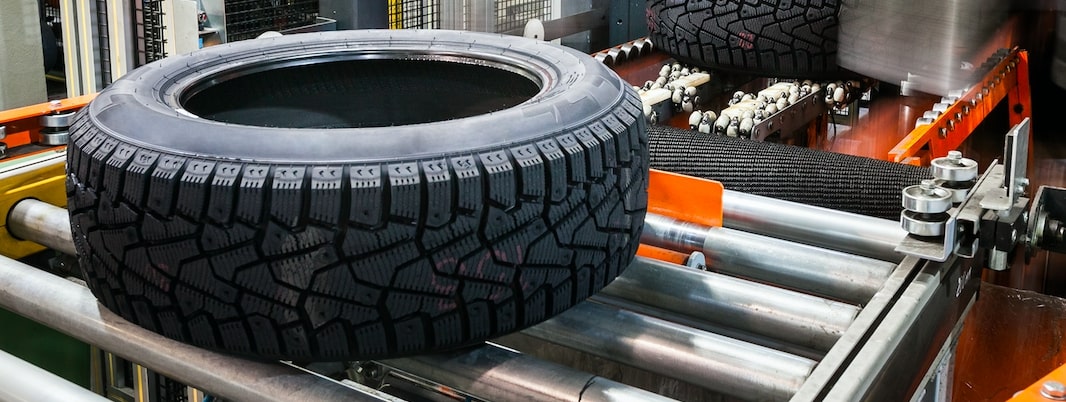


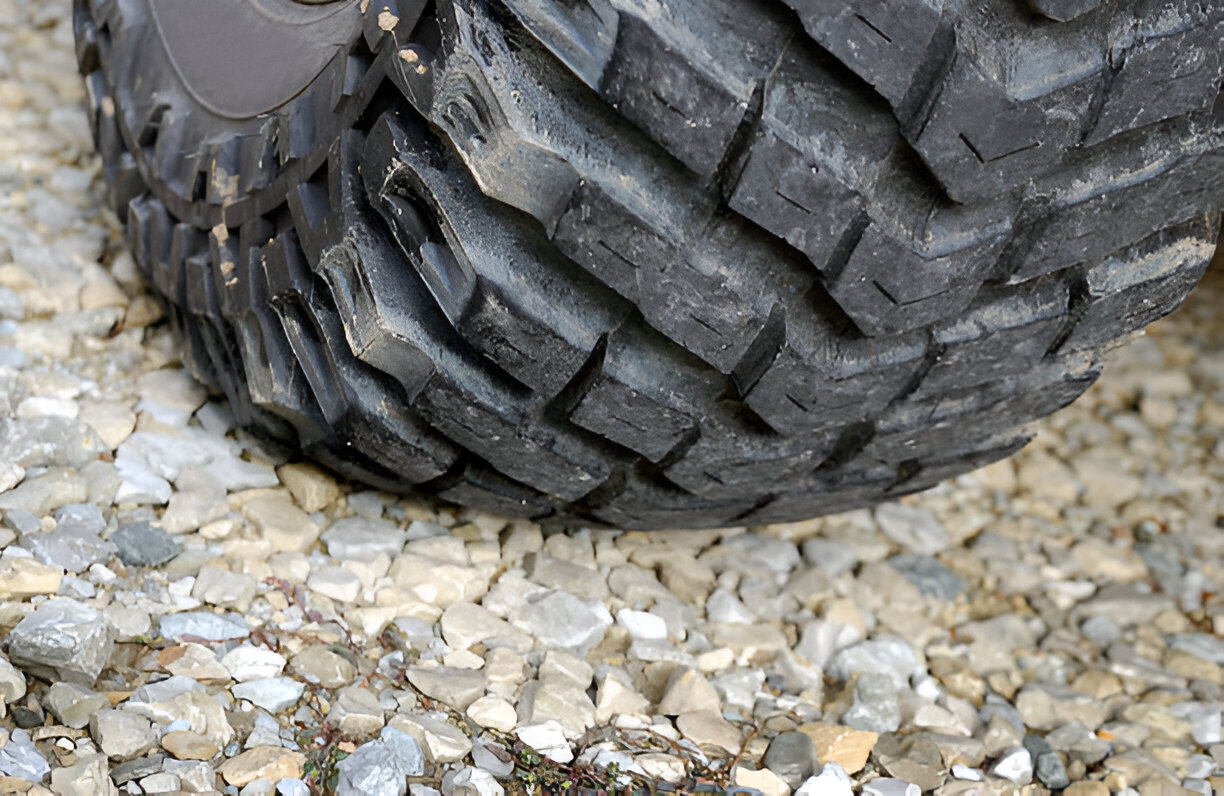

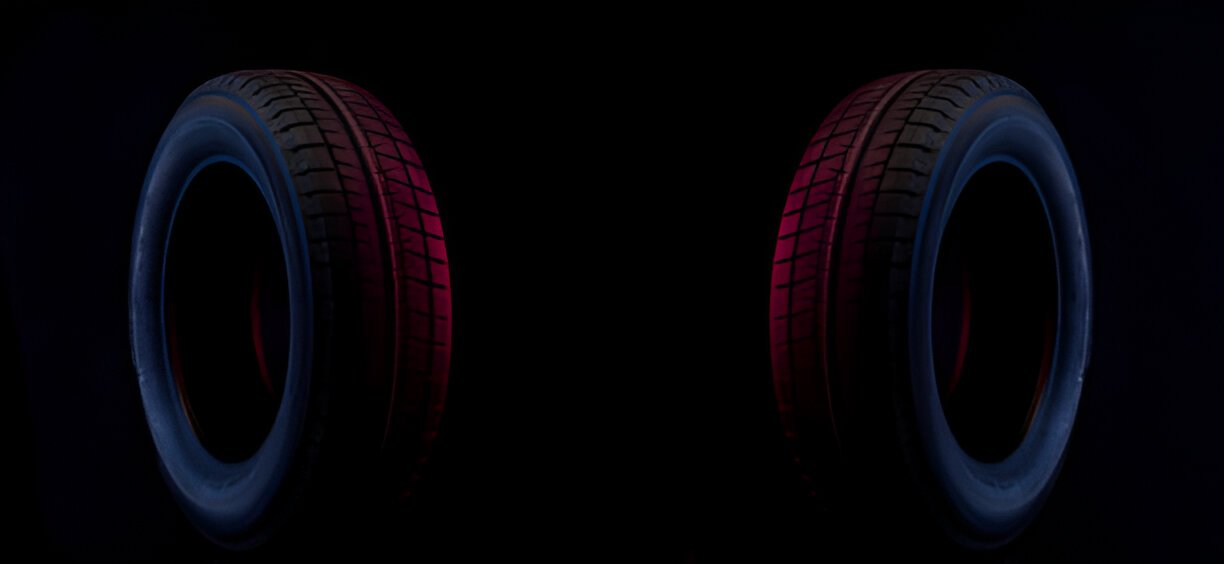
 English
English Français
Français Español
Español